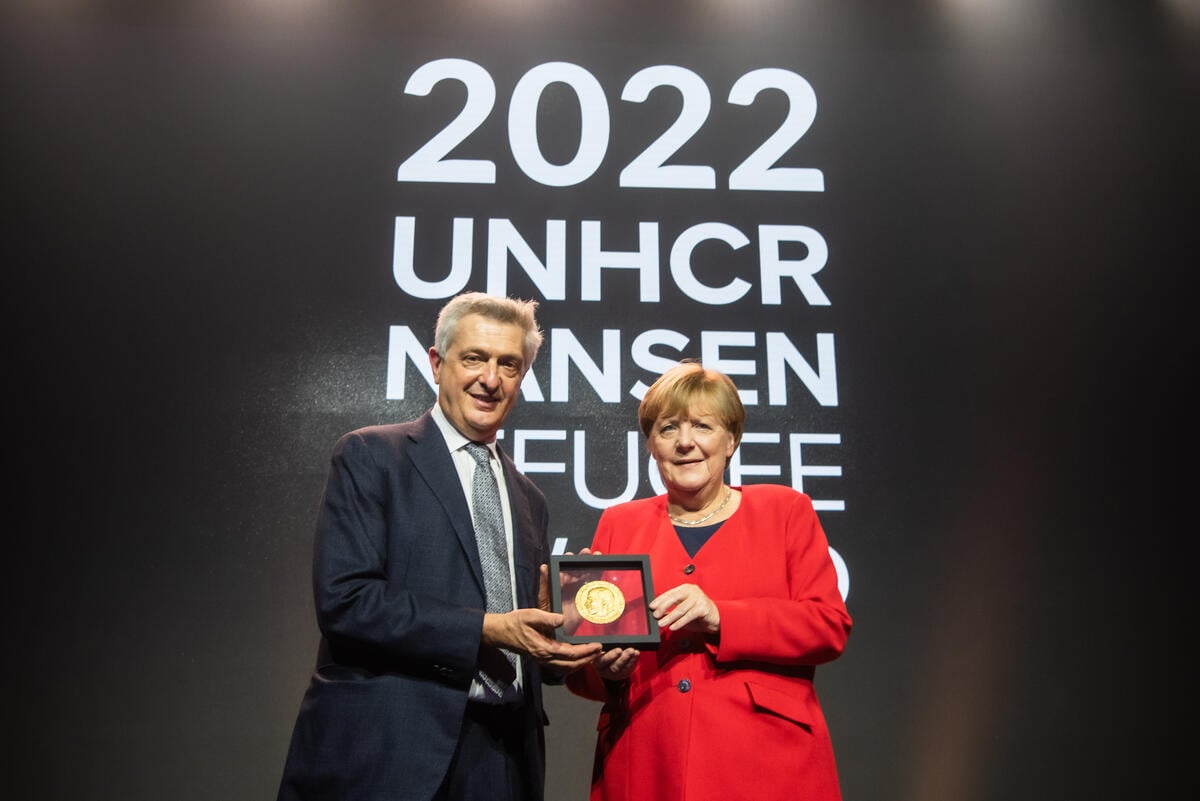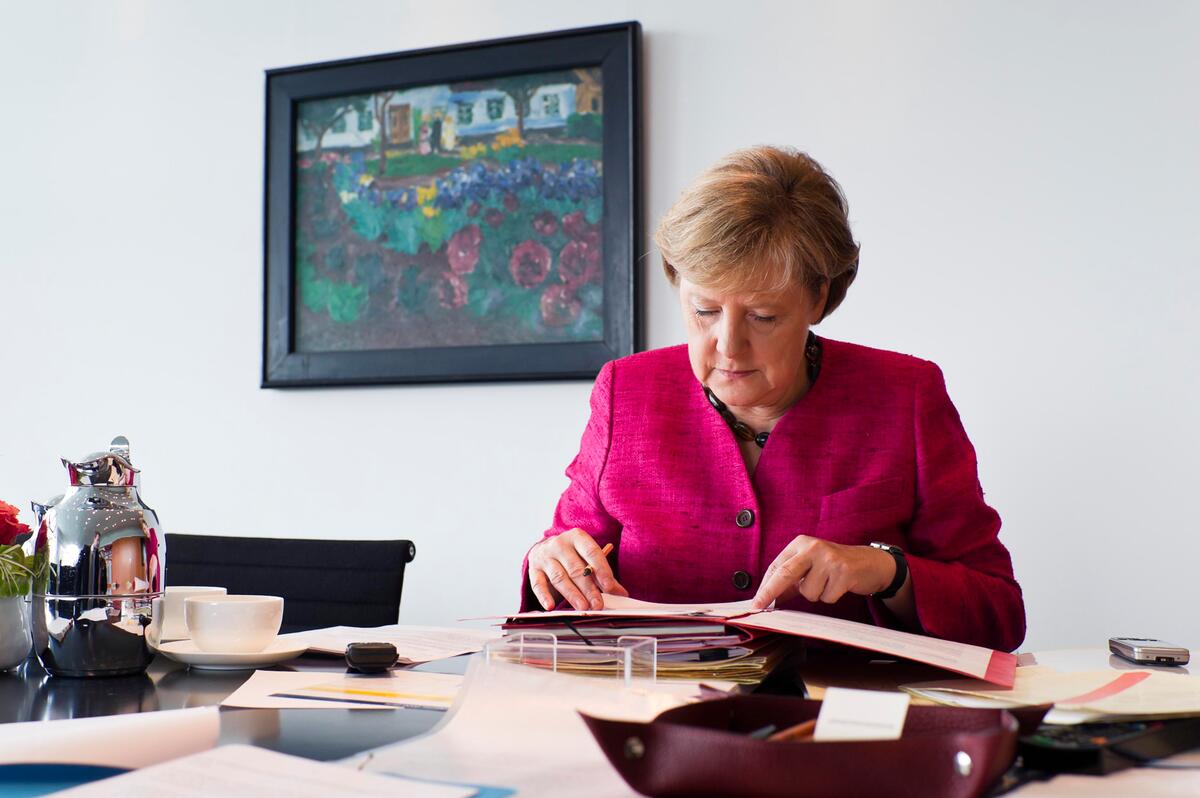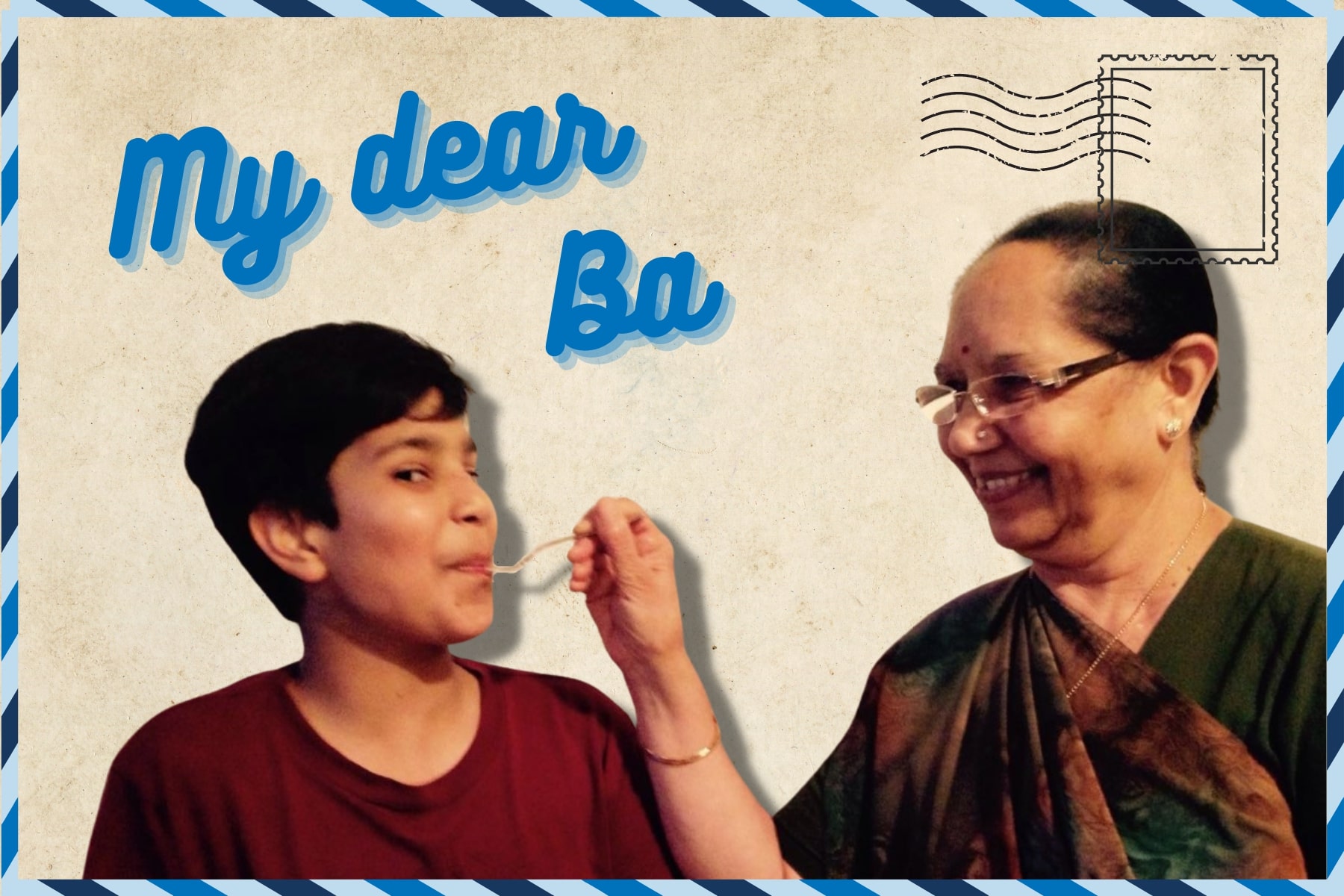A Syrian Family Risks Death on the Mediterranean

A Syrian Family Risks Death on the Mediterranean
"It is hard for me to think about the future right now," says Houda, as we sit together in the courtyard of a reception centre on Italy's Lampedusa Island. As the blazing summer sun beats down, she lets out a weary sigh. "My future is in the hands of others."
Heat waves shimmer and dance with the dust here, making her children who play nearby seem almost like a mirage. Even Houda, whose brown headscarf outlines her frame against the whitewashed walls, can hardly believe that her family has made it this far. There were moments aboard their boat, as it crossed the wide, open sea, when the future barely existed at all.
Within these breeze-block buildings, over a thousand migrants and refugees like Houda and her family are awaiting transfer to the mainland. They have risked everything to get here, fleeing war and violence at home, or grinding poverty, before journeying across the Mediterranean in search of safety in Europe.
For Houda, although her family is finally safe here, the water and the heat serve as constant reminders of the dangers they faced along the way.

Their lives fell apart when their neighbourhood in Damascus came under heavy attack. Before the war, they had owned two homes in the Syrian capital, where her husband transported groceries for a living. But when one of the houses was bombed, the family were forced to flee. They quickly sold the second home to finance their escape.
Lebanon was the first port of call, Houda recalls, as her children gather round to hear their mother speak. Malak, the youngest, offers me a biscuit. Like her mother, she is quietly determined and won't take no for an answer.
"It was difficult. But going back was not an option."
Next the family flew to Algeria and, striving to find the best life they could, made contact with a smuggler. Houda remembers him telling the family, "I can get you to Libya. I have two cars." And so they drove through the desert.
With war intensifying at home, the family had now swelled to 22 people. They spent four long days crossing sandy dunes. Squashed inside the two cars, they had little room to move and, at times, the heat was unbearable. "It was difficult," Houda says. "But going back was not an option."
It was during their journey through the desert that Houda's husband, Mohammed, suffered a breakdown. Today, here in the reception centre on Lampedusa, he barely recognizes his own children.

In Libya, life was not much better. The extended family of 22 spent four months in a house, crammed into a single room, while they waited for the smugglers to send them across the sea to Europe. They lived off of canned food and bread. Then, at last, the time came to leave.
"They told us at 2 a.m. that we had to get on the boats," says Houda. "To get to the first one we had to walk through the water. It was very deep and there were many children. By the time we were on board it was 3 a.m."
As we talk, dozens of newly arrived refugees and migrants stand by the entrance, waiting patiently to be processed by guards and health workers wearing masks. They arrived the night before, and many are still wet and shivering from their ordeal at sea. Houda knows the feeling. "Until 9 a.m., when the sun comes out, you're just soaking in your clothes," she says.
"Of course we were worried about dying . . . We faced death in Syria and now we were facing it here."
She and her family spent 16 hours at sea, packed onto a rickety boat with hundreds of others desperate to reach safer shores. Although the vessel was equipped with a generator to help pump out water, they were terrified that it would break down, causing the leaky boat to sink. "It took a long time because the boat was carrying too many people," Houda says, quietly. "We had to go very slowly. If we had gone any faster, the boat would have overturned."
"Of course we were worried about dying," she continues. "I was thinking that maybe I'll survive and the children will die. Or maybe the children will survive and I will die. We faced death in Syria and now we were facing it here."

Incredibly, after a seven-hour search-and-rescue operation, all 22 members of Houda's family made it to safety. But the scars of what she went through run deep.
Now, three days on from their rescue, she hopes that they will make it to Holland, although she worries for the children she left behind. "Even if I go to Holland and they give me a palace, I can't be happy because I am still separated from a son and two daughters," she laments. She explains that her daughters are married in Syria, while her son is waiting in Libya to take a boat.
"I want to have a room with a nice little bed," says little Noor. "And to paint the walls pink."
Despite it all, her children here at the reception centre in Lampedusa are still able to smile and laugh. Noor, a talkative nine-year-old, giggles when I draw a silly face in my notepad. I ask about her hopes for the future. "I'd like to bring back what I've lost," she says, and her mother explains that a bag of accessories, packed before their hasty escape from Syria, had fallen into the sea.
In Holland, little Noor intends to buy lots of rings and hairbands. "I want to have a room with a nice little bed," she says. "And to paint the walls pink."
For Houda, the future is much harder to imagine. Her family will be kept at the reception centre in Lampedusa for about a week, before being transferred to the mainland. From there, they must rebuild their broken lives – and lay down new roots far from home. Houda feels her journey has only just begun.








